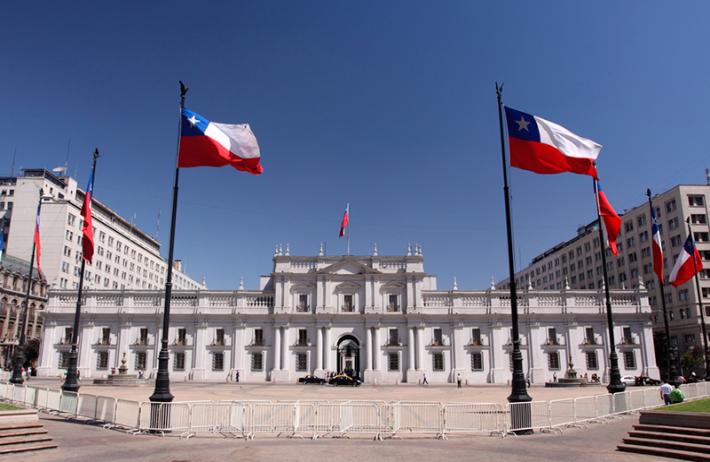RIO DE JANEIRO, BRAZIL – In the Chilean Parliament, the pension system reform, which will allow early withdrawal of parts of the contributions during the coronavirus pandemic, has met broad approval. Some government members also supported the bill, which led to deep rifts within the coalition and to considerable tensions in the country’s political climate.
On Wednesday the vote on implementing the reform was held in parliament. A clear majority voted in favor of allowing contributors to claim a one-time ten percent of their pension savings. The final vote in the Senate is to be held next Tuesday.
The poor crisis management by Sebastián Piñera’s government with respect to the coronavirus pandemic has not only led to exceptionally high infection rates, but has also placed the majority of the population in dire economic distress.
The lack of social security, the introduction of changes in legislation that protect employers rather than employees, and the absence or lack of aid packages for the population, coupled with a strict curfew in some areas, have further fuelled discontent. For many people, the self-organized soup kitchens have become a matter of survival within a very short time. For about two months now there have been increased riots and hunger protests, mainly in the poor districts.
The government’s attempt to control the explosive combination of the coronavirus pandemic and growing social discontent through harsher repression and penalties for curfew violations failed to mitigate the situation.
The lack of state support has led to the opposition’s proposal to finance coronavirus aid through private pension funds. The economic crisis triggered by the pandemic, the obvious hardship experienced by large sections of the population, and Piñera’s initial refusal to provide financial aid to the battered middle class led to this proposal also meeting broad support within the governing coalition.

Contrary to Piñera’s recommendations, eight legislators from the right-wing liberal party Renovación Nacional and five from the conservative party UDI voted in favor of the reform. These are the two leading parties in the governing coalition “Chile Vamos”.
In addition to differences of opinion and internal rifts, there have been serious accusations of bribery among legislators in recent days.
The reason that the reform of the private pension system introduced by former Labor and Social Affairs Minister José Piñera (the president’s brother) during Augusto Pinochet’s military dictatorship may split the governing coalition is because it is a pillar of the “Chilean neoliberal experiment”.
The abolition of the Pension Fund Administrators (AFP) has been one of the social movements’ main demands for years, and has again been the focus of criticism since the protests in October last year.
This pension system is based on a statutory requirement for all workers to pay into private pension funds, which are managed by large companies in the form of speculative and investment funds. The main beneficiaries of this are the pension funds themselves and large companies, which can thus ensure the financing of their investments.
It is therefore not surprising that business associations and the wealthy have publicly opposed the reform proposal.
However, for the vast majority of the population, with an average pension of €288 (for 90 percent even less than €178) in 2019, in a country with a similarly high living cost as Germany, this system simply means poverty in old age.
After years of protests, this controversial reform is now the first to question the integrity of the AFP.
Since Tuesday evening, protests have again spread across the country under the motto “No more AFPs”. Barricades and pot-banging demonstrations in particular have been used to express support for the draft law and a new pension system, as well as the discontent with the government’s crisis management.
Social media and social organizations are speaking of a second uprising like last October, should the reform be rejected in the Senate.
The growing popular and now even internal dissent raises the question, even for right-wing intellectuals like Pablo Ortúzar, whether Piñera can complete his mandate under such circumstances: “The President is alone now, he will be the one to take all the blows.”

